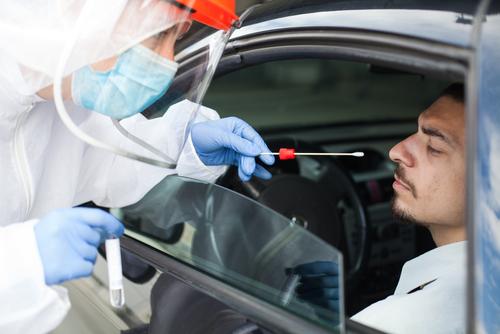With all the talk about different types of COVID-19 testing—rapid tests, diagnostic tests, antibody tests—it can get confusing. We’ve covered rapid tests on this blog, which seem good in theory but can be inaccurate. But what is the difference between diagnostic and antibody tests?
Antibody tests determine whether you have antibodies against COVID-19. This means that you have had the virus in the past and may have some immunity. However, it’s still unclear how much immunity—and for how long—people have against COVID-19 after they recover from it. However, if you determine you’ve had COVID-19 with an antibody test, you can donate plasma that could help people with severe infections fight the virus.
If someone has COVID-19 symptoms, an antibody test is typically given after they have fully recovered. The timing of the test affects accuracy of results. If the test is given too early in the process, it may not yet detect antibodies.
A diagnostic COVID-19 test determines whether you currently have the virus. These types of tests are crucial for protecting those around you and curtailing the pandemic. 40% of people with COVID-19 remain asymptomatic throughout their infection. Even people who do go on to show symptoms typically don’t have them for 4-5 days after becoming infected.
Tests like ours at Avalon Laboratory Solutions give accurate results within 24-48 hours. This helps people protect themselves and those around them before they show symptoms.
Everyone’s availability is different, which is why there is no one-size-fits-all method for COVID-19 testing. At Avalon Lab Solutions, we can schedule you immediately to be tested in two different ways: through drive-in testing at our lab, or an at-home test. In both cases, you’ll receive results within 48 hours.
To find out more information or learn about pricing, email i[email protected].





